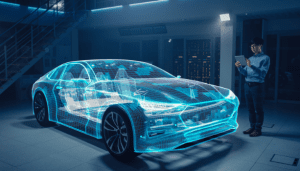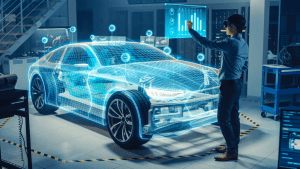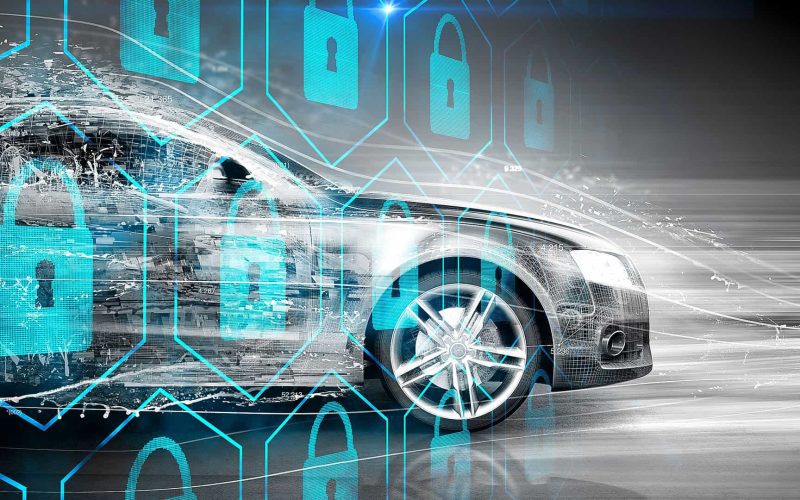Introduction:
Join Emily Parker, an automotive industry analyst with a knack for unraveling complex regulatory landscapes, as she delves into the ramifications of the European Union’s newest auto cybersecurity rules. With a focus on model discontinuation woes, Emily sheds light on the challenges facing manufacturers and the evolving dynamics of the automotive market in the digital age.
Understanding EU’s Auto Cybersecurity Regulations:

The European Union’s latest auto cybersecurity regulations aim to enhance vehicle security and protect against cyber threats in an increasingly connected automotive landscape. These regulations mandate stringent cybersecurity measures, including secure software updates and protection against unauthorized access to vehicle systems.
Model Discontinuation: The Consequence of Compliance:
While compliance with EU’s auto cybersecurity rules is crucial for ensuring vehicle safety and security, manufacturers face the challenge of retrofitting older vehicle models to meet these standards. As a result, some models may be discontinued due to the high costs and technical complexities involved in retrofitting cybersecurity features.
Challenges Faced by Manufacturers:
Manufacturers grapple with the daunting task of balancing compliance with profitability, navigating the intricate web of regulatory requirements while striving to maintain a competitive edge in the market. The transition to compliant vehicle models poses logistical, financial, and technological challenges for automotive companies.
Implications for Consumers:
For consumers, the discontinuation of certain vehicle models may limit choice and availability in the market, potentially leading to increased prices for remaining models. Moreover, concerns may arise regarding the resale value and long-term support for discontinued models lacking cybersecurity updates.
Adapting to the Regulatory Landscape:

In response to EU’s auto cybersecurity regulations, manufacturers are ramping up efforts to integrate cybersecurity measures into their vehicle design and production processes. Collaboration with cybersecurity experts and investment in research and development are essential for staying ahead of regulatory requirements and ensuring consumer trust.
Future Outlook: Innovation Amidst Regulation:
As the automotive industry navigates the evolving regulatory landscape, innovation remains key to driving progress amidst compliance challenges. From advanced encryption technologies to secure over-the-air updates, manufacturers are poised to harness innovation to enhance vehicle cybersecurity and meet regulatory standards.
Visual Table for Key Points:
| Key Points | Description |
|---|---|
| EU’s Auto Cybersecurity Regulations | Overview of the regulatory framework aimed at enhancing vehicle security within the EU. |
| Model Discontinuation | Analysis of the impact of compliance on vehicle models, leading to potential discontinuation. |
| Challenges for Manufacturers | Identification of the challenges faced by manufacturers in retrofitting cybersecurity features. |
| Implications for Consumers | Consideration of the implications for consumers, including limited choice and potential price impacts. |
| Adapting to Regulatory Landscape | Strategies employed by manufacturers to adapt to the evolving regulatory landscape and ensure compliance. |
| Future Outlook | Speculation on the future trajectory of automotive innovation amidst increasing regulatory scrutiny. |
Through her analysis, Emily Parker offers valuable insights into the intricate interplay between regulatory requirements, manufacturing practices, and consumer dynamics, shedding light on the complexities of navigating the ever-changing automotive landscape in the European Union. As the industry grapples with cybersecurity challenges, adaptation and innovation are essential for driving progress and ensuring a safer, more secure future for vehicles on European roads.












